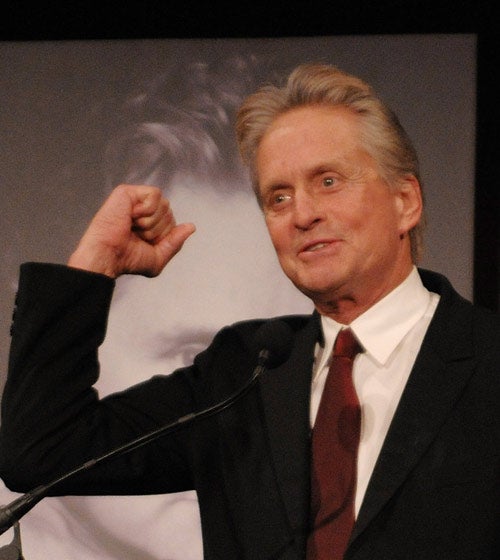Older fathers have healthier offspring

Your support helps us to tell the story
From reproductive rights to climate change to Big Tech, The Independent is on the ground when the story is developing. Whether it's investigating the financials of Elon Musk's pro-Trump PAC or producing our latest documentary, 'The A Word', which shines a light on the American women fighting for reproductive rights, we know how important it is to parse out the facts from the messaging.
At such a critical moment in US history, we need reporters on the ground. Your donation allows us to keep sending journalists to speak to both sides of the story.
The Independent is trusted by Americans across the entire political spectrum. And unlike many other quality news outlets, we choose not to lock Americans out of our reporting and analysis with paywalls. We believe quality journalism should be available to everyone, paid for by those who can afford it.
Your support makes all the difference.For a young woman in search of a suitable partner, an older man could be a better bet for producing healthy offspring than a hormone-fuelled teenager, researchers have found.
The largest study investigating the influence of paternal age on the chances of having a baby with birth problems has found that fathers under the age of 20 are at highest risk. Babies born to teenage fathers were 22 per cent more likely to die in the first four weeks and 41 per cent more likely to die in the first year than those born to fathers in their 20s. They were also up to 17 per cent more likely to be born early and have a low birth weight.
There was no increased risk for babies born to older fathers, aged 40-plus.
All the mothers in the study, published in the medical journal Human Reproduction, were aged 20 to 29, to eliminate the influence of maternal age.
Professor Shi Wu Wen, of the Ottawa Health Research Institute, Canada, who led the study, said the findings had potentially serious implications. "Although the increased relative risks for most outcomes were small the magnitude of the risk to society could be huge, if the increases we found are truly attributable to paternal age."
However, it was also likely that social factors played a part.
Teenage fathers were more likely to be poorer than older fathers in their 40s, less well educated and less likely to bring their partners for antenatal care when potential birth problems could be anticipated. Allan Pacey, senior lecturer in andrology at the University of Sheffield, said: "It would be easy to point the finger at younger father's sperm and say that they were inadequate in some way.
"But that bucks the trend of many studies that have shown there are increasing sperm DNA defects as men get older.
"A far more convincing explanation for the finding in this study is that older men are simply better able to provide for their pregnant partners than younger fathers. It makes sense that babies born to older fathers probably have a better start to life."
The generation gap
Jonathan Dimbleby
Dimbleby became a father again last year aged 62 when his second wife, Jessica Ray, 31, gave birth to a daughter, Daisy.
Michael Douglas
Douglas was 56 when his wife, Catherine Zeta-Jones, then 31, gave birth in 2000 to the first of the couple's two children.
Heidi Klum
The German supermodel was 30 when she gave birth to her first child, Leni, in 2004. Klum had already split from the child's father, Flavio Briatore, who was 54.
Join our commenting forum
Join thought-provoking conversations, follow other Independent readers and see their replies
Comments